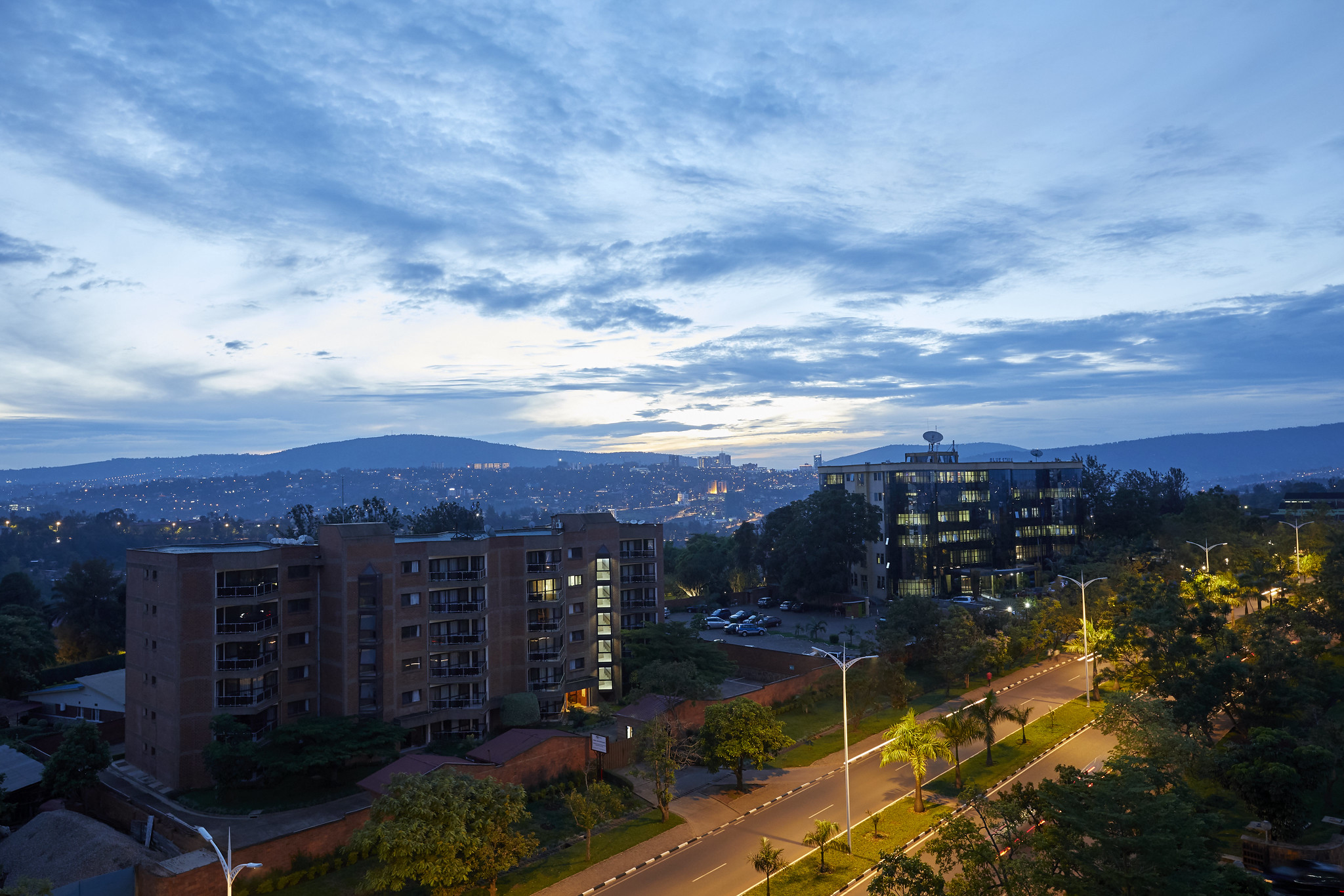Rwanda: $100 Million to Revolutionize Urban Transportation in Kigali

Kigali, a Connected and Sustainable Future – Rwanda’s capital, Kigali, takes a major step toward modernizing its urban infrastructure with a $100 million loan from the African Development Bank (AfDB). Approved on December 2, 2024, this funding aims to address growing challenges in urban mobility and prepare the city for a more efficient, inclusive, and sustainable future.
A Project to Alleviate Congestion and Modernize Kigali
With 1.7 million residents, Kigali struggles with increasing traffic congestion and an urban transport system unable to meet rising demand. Major intersections are frequently jammed, leading to high costs, delays for users, and heightened risks of accidents. Furthermore, the absence of inclusive urban transport systems, such as dedicated bus lanes and infrastructure for non-motorized mobility (pedestrians and cyclists), drives citizens toward unsustainable solutions like motorcycle taxis, which often pose safety risks.
The project financed by the AfDB focuses on three critical intersections identified as major bottlenecks. These infrastructures will be redesigned to include dedicated bus lanes, cycling paths, and safe pedestrian crossings. These investments aim not only to streamline traffic flow but also to reduce carbon emissions and improve road safety.
An Inclusive and Sustainable Impact
Beyond upgrading transport infrastructure, the project adopts a user-centered approach. Safe and well-lit bus stops will be constructed to offer added comfort, especially for nursing mothers, pregnant women, and vulnerable individuals. Sidewalks and pedestrian crossings accessible to people with disabilities will enhance mobility and safety for all users.
“This project marks a transition toward a more sustainable and efficient urban transport system, reducing emissions and improving mobility for all Kigali residents,” said Aïssa Touré Sarr, AfDB country manager in Rwanda.
Preparing Kigali for a Promising Urban Future
With a population of 1.7 million today, Kigali is expected to grow to 3.8 million by 2050. This project represents a proactive response to the city’s future transport needs while contributing to its economic development and improving community well-being.
This initiative is part of a broader plan to prepare Kigali to become a model of urban mobility in Africa, combining efficiency, sustainability, and accessibility for all its citizens.





